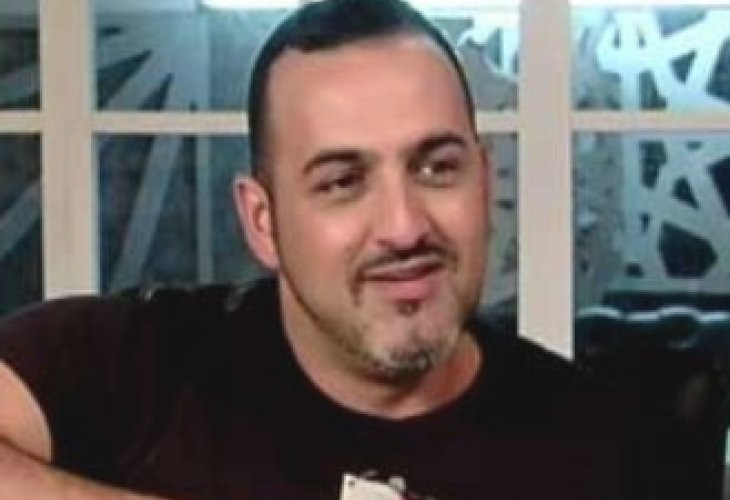Personal Stories
From Fame to Faith: Kobi Aflalo’s Journey Through Music and Judaism
In a candid interview, Israeli artist Kobi Aflalo shares how returning to Judaism gave deeper purpose to his creativity, life, and career
- Dudu Cohen
- |Updated

In a heartfelt episode of In Another Direction, a weekly show on the Hidabroot Channel hosted by journalist Dudu Cohen, Kobi Aflalo, one of Israel’s most successful and gifted musical artists opened up about his spiritual path, inner struggles, and how faith helped him find his true voice.
Kobi, originally from Ma’alot, has released three albums and is one of the founders of “The Artists’ Group,” which meets weekly to study Torah with Rabbi Yitzchak Gabai. Over time, he’s turned more toward music with Jewish themes and grown stronger in his connection to Judaism partly thanks to Hidabroot.
“I believe that spiritual growth comes in stages,” Kobi shared. “It’s like planting a tree. You don’t see fruit right away. In the beginning, I didn’t know where I was heading. I asked myself a lot of questions about my music like where I’d fit in, how this path would affect my career. I was honestly scared. I was afraid that fame might take me somewhere I couldn’t handle.”
When asked if fame did take him in the wrong direction, he answered, “No, it was actually the opposite. As I got closer to Judaism, everything started to deepen. I realized that my creativity didn’t come from nowhere, it comes from roots, from something grounded in faith. Artists can express themselves in all kinds of ways, but for someone like me, without faith, it wouldn’t work.”
What would have happened without faith?
“I probably would have fallen into self-worship,” he said openly. “That’s what fame can do. You start thinking it’s all about you. But I’ve learned to remind myself that Hashem created this world to do good for us, His creations. Everyone has a role, one person sells food to help people, another makes music, another helps with legal problems, or makes people laugh. It’s all about giving to others.”
Kobi believes that many artists, even if they don’t know it, are already drawing from a place of faith. “A lot of artists I know grew up in secular homes. No one ever explained that the values they’re living by, the kindness, the creativity, the emotional awareness, those all come from our Jewish roots. People don’t realize how deeply Judaism is connected to life itself. Without it, there’s no real order. Without the Ten Commandments, the world would fall apart.”
Does letting go of ego help or hurt creativity?
“I think even the prophets had to shout sometimes,” he said. “You don’t always whisper the truth. Sometimes you have to cry it out through song. The message needs strength and clarity. It might seem loud, but it’s coming from a place of honesty and conviction. I hope I’m holding that kind of truth.”
Later in the interview, Aflalo described how his growing faith moved from being just ideas to becoming part of his daily life. “It happens gradually,” he said. “Every year, I’d take on more, step by step. I began to feel that if I truly believed something, I needed to express it in action. I couldn’t separate the two. If there’s only light but no vessel to hold it, it disappears. Thought must be followed by action.”
What was the hardest mitzvah (commandment) to take on?
“Shabbat,” he answered honestly. “That was a real challenge.”
Was it because of the environment?
“Yes. When I was spending Shabbat with friends who also kept it, it was much easier. The support of a community makes a huge difference.”
But what about the times when it’s not convenient or fun?
“That’s exactly where the real work begins. There’s a concept in Judaism called itkafya, holding back from giving in to every impulse, so you can achieve something higher and more meaningful. That’s how growth happens. If you remember that, you can stay strong. If not, it’s easy to fall.”
Kobi also reflected on how disconnected people have become from Judaism. “Fifty years ago, most Jews still lived with Judaism as part of their everyday life. Something changed along the way. I’m not sure what caused it, but now many people feel distant. You talk to someone in his 30s who’s been living a certain way his whole life, and if you tell him that what he’s doing might not be right, he resists. That’s normal. He’s conditioned to enjoy certain things. Asking him to change feels like asking him to give up who he is. Change is scary because of the unknown.”

